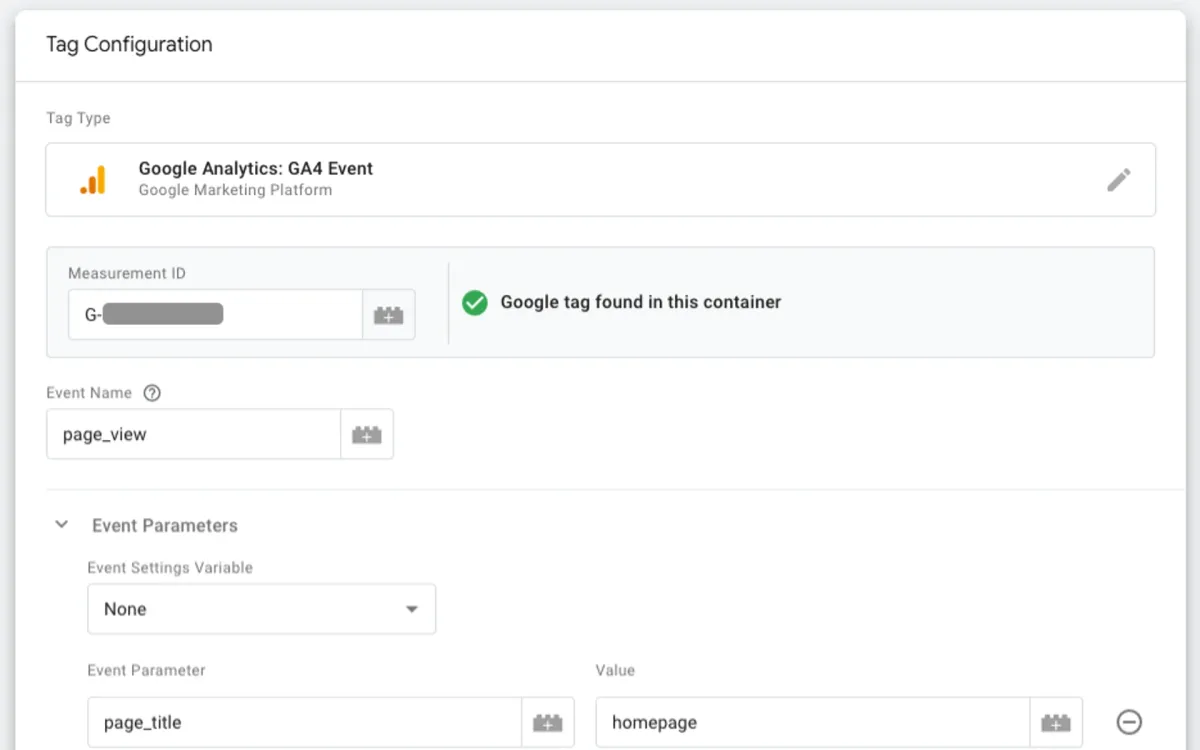
Google yesterday announced an improvement to its Google Analytics 4 (GA4) platform, enhancing the processing of session_start events for properties linked to Google Ad Manager. This update, which comes one day before the time of writing, specifically targets configurations using the send_page_view=false setting, aiming to provide more accurate measurement of user sessions. The refinement addresses a crucial aspect of web analytics, potentially impacting how businesses interpret and act upon user engagement data.
According to the official announcement, the improved session_start event firing is designed to offer a more comprehensive view of user interactions, particularly in scenarios where traditional pageview tracking may not suffice. This development is especially relevant for websites employing single-page applications (SPAs) or infinite scrolling designs, where the concept of a "pageview" becomes more fluid.
The technical intricacies of this update revolve around the interaction between GA4 and Google Ad Manager. When a property is linked to Ad Manager and configured with send_page_view=false, the session_start event is now processed more thoroughly. This change allows for a more nuanced understanding of when and how user sessions begin, potentially leading to more accurate attribution and engagement metrics.
For webmasters and analytics professionals, this update necessitates a reevaluation of their current GA4 setup, especially if they are utilizing Google Ad Manager in conjunction with GA4. The improved session_start event processing may reveal new insights into user behavior, potentially influencing advertising strategies and content optimization efforts.
The announcement also included guidance on manually controlling pageview measurements, a feature particularly useful for SPAs and websites with infinite scrolling. This manual control involves a two-step process: disabling the default pageview measurement and then sending the page_view event at appropriate times.
To disable the default page_view event, users are instructed to edit the Google tag in Tag Manager that shouldn't send a pageview. Under the Configuration settings, a new parameter named send_page_view should be added with a value of false. This adjustment prevents the automatic firing of pageview events, giving developers more control over when and how these events are recorded.
Once the default pageview measurement is disabled, manually sending page_view events becomes crucial for accurate tracking. This process involves using a Google Analytics: GA4 Event tag for the page_view event, rather than relying on the automatic pageview sent with the Google tag. This manual approach allows for more precise tracking of user navigation in complex web applications.
However, Google cautions users about the potential for duplicate pageviews if manual pageviews are sent without disabling the default pageview measurement. This warning underscores the importance of careful configuration to ensure data accuracy.
The implications of this update extend beyond mere technical adjustments. For businesses relying on GA4 for insights, this change could lead to a more accurate representation of user engagement. It may reveal patterns in user behavior that were previously obscured by less precise session tracking, particularly in ad-supported environments.
Moreover, the update highlights the ongoing evolution of web analytics in response to changing web technologies. As websites become more dynamic and interactive, traditional concepts of "pages" and "visits" are being redefined. This GA4 update represents an attempt to bridge the gap between these evolving web experiences and the need for accurate, actionable analytics data.
For developers and marketers working with SPAs or infinite scrolling websites, this update provides an opportunity to refine their analytics strategies. By manually controlling pageview events, they can create a more accurate picture of how users interact with their content, potentially leading to improved user experience and more effective advertising placements.
The timing of this update is significant, coming at a point when many businesses are still adapting to the shift from Universal Analytics to GA4. This change adds another layer of complexity to the transition but also offers new possibilities for more granular and accurate tracking.
It's worth noting that while this update primarily affects properties linked to Google Ad Manager, its implications could be far-reaching. As businesses increasingly rely on data-driven decision-making, improvements in the accuracy of session tracking could influence everything from content strategy to ad placement and user interface design.
The update also reflects the growing importance of integrating various Google products for a more comprehensive digital strategy. The synergy between GA4 and Google Ad Manager exemplifies how different tools within the Google ecosystem can work together to provide more valuable insights.
Key facts about the GA4 session tracking update
Announced on August 23, 2024
Improves session_start event processing for properties linked to Google Ad Manager
Specifically affects configurations using send_page_view=false
Aims to provide more accurate measurement of user sessions
Particularly relevant for single-page applications and infinite scrolling websites
Requires manual configuration to disable default pageview measurement
Involves using GA4 Event tags for manually sending page_view events
Cautions against potential duplicate pageviews if not configured correctly
Represents an adaptation to evolving web technologies and user behaviors
Highlights the integration between GA4 and Google Ad Manager

